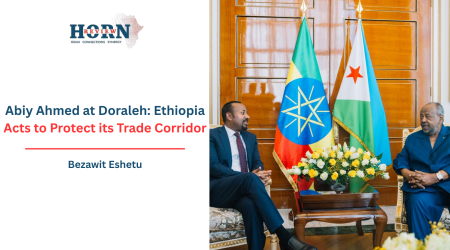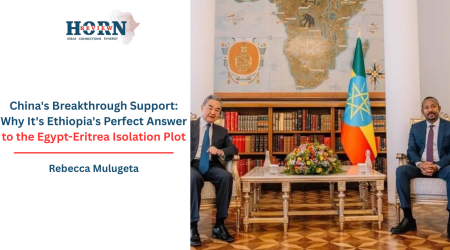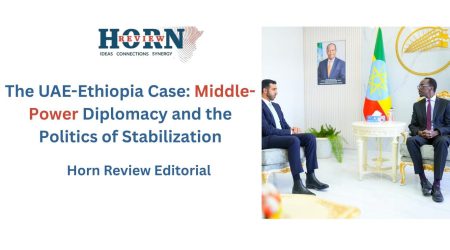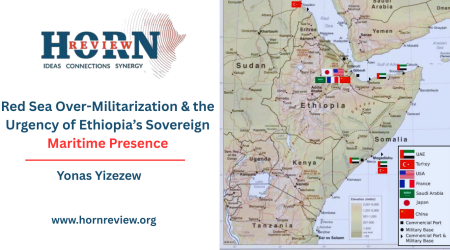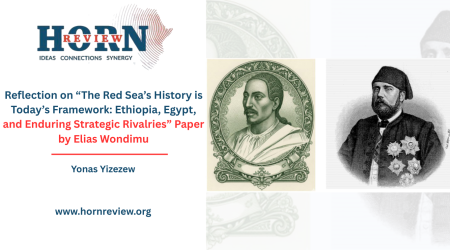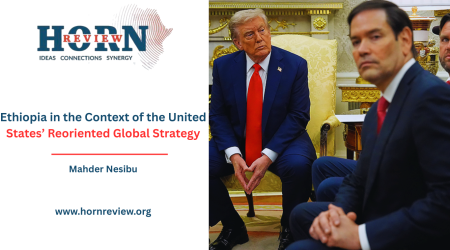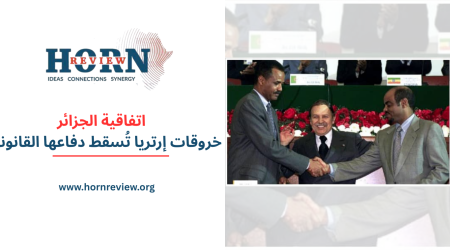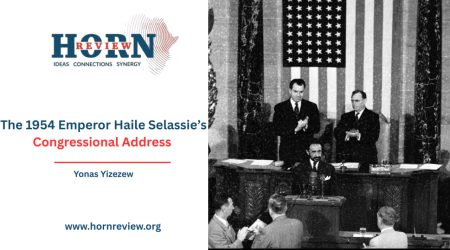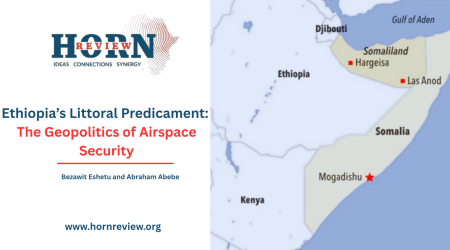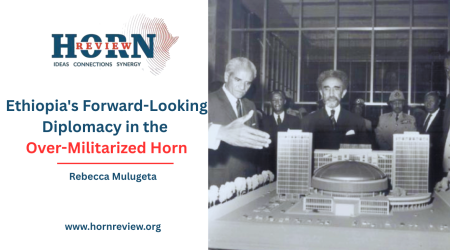
11
May
Ethiopia and the African Union: Reclaiming Leadership in Africa’s Premier Institution
Ethiopia’s status as the host nation of the African Union (AU) and as a founding architect of Pan-Africanism affords it a unique vantage point within Africa’s multilateral architecture. Addis Ababa, long regarded as the symbolic and logistical capital of continental diplomacy, anchors the African Union’s institutional presence. Yet, despite this privileged positioning and a sustained record of substantive contributions to regional peace, integration, and institution-building, Ethiopia remains conspicuously underrepresented within the upper echelons of AU leadership. This disjuncture between institutional centrality and political visibility invites a more critical examination, not only of representation and diplomatic strategy, but also of how legacy states navigate contemporary continental politics amid shifting regional balances and normative expectations.
Ethiopia’s historic role in the genesis of the Organization of African Unity (OAU), and later the AU, is well established. From Emperor Haile Selassie’s foundational advocacy to successive Ethiopian administrations’ material and normative investment in African unity, Ethiopia has consistently projected itself as a custodian of Pan-African principles. Its contributions are not merely ceremonial. Ethiopia is one of the continent’s leading troop-contributing countries to peace operations; it has repeatedly served as a mediator in Horn of Africa conflicts; and it has anchored IGAD’s diplomatic infrastructure. Addis Ababa also provides critical physical infrastructure and hosts key organs of the AU and UNECA. These cumulative commitments represent not only historical capital but ongoing operational legitimacy within Africa’s institutional framework.
However, when viewed through the lens of leadership representation, a perplexing asymmetry emerges. Despite being at the institutional epicenter, Ethiopia has never held the AU Commission’s chairmanship since its reconstitution in 2002, an office previously held by nationals from Mali, Côte d’Ivoire, Gabon, South Africa, and Chad. Nor has Ethiopia assumed leadership of major strategic portfolios such as peace and security, political affairs, or economic integration. While Ethiopian experts populate the mid- and lower tiers of the AU’s bureaucracy, their absence from apex leadership positions weakens Ethiopia’s strategic leverage and symbolic standing within the continental order it helped to birth.
This underrepresentation is not simply the product of neglect or procedural oversight. Rather, it reflects a complex interplay of structural, strategic, and geopolitical variables. Leadership ascension within the AU requires deft navigation of electoral politics, regional allegiances, linguistic blocs, and informal norms regarding rotational equity. Ethiopia, despite its historic stature and material contributions, has not consistently leveraged its diplomatic capital to cultivate electoral alliances or pre-position viable candidates. The absence of a sustained, state-backed strategy for multilateral representation has limited Ethiopia’s visibility in moments of contestation and selection.
Moreover, regional and linguistic dynamics introduce further complexity. As a country situated in the Horn of Africa and primarily Anglophone in its diplomatic orientation, Ethiopia occupies a geopolitical and linguistic space that has not always aligned seamlessly with the dominant coalitions that shape AU elections. Francophone blocs, Southern African coalitions, and North African groupings often vote in disciplined clusters, bolstered by longstanding diplomatic reciprocity. In contrast, Ethiopia’s leadership bids have often been launched from a position of relative diplomatic isolation or ad hoc engagement, diminishing their competitiveness.
Compounding this challenge is the AU’s increasing tendency to prioritize technocratic credentials and perceived neutrality in leadership appointments. While this trend theoretically supports meritocracy, in practice it has often favored candidates perceived as less politically assertive or more aligned with donor-driven models of governance. For a country like Ethiopia, which carries a complex political identity, both as a norm entrepreneur and as a state grappling with internal contestation, projecting uncontested candidates has become increasingly difficult.
Yet, recent precedent suggests that institutional weight and historical size need not be determinative. Djibouti’s success in securing senior AU leadership roles illustrates the efficacy of disciplined coalition-building and targeted regional engagement. This underscores the point that while structural factors matter, outcomes remain contingent on strategic behavior and sustained investment in diplomatic coalitions. Ethiopia, therefore, is not constrained by geography or legacy alone, but by the degree to which it calibrates its ambition with coordinated multilateral engagement.
Reclaiming a leadership role in the African Union will require Ethiopia to reconceptualize its approach to continental diplomacy, not merely as a host and participant, but as a normative shaper and institutional actor. Domestically, this entails cultivating a pipeline of multilateral leaders: professionals with AU experience, linguistic fluency, political dexterity, and the credibility to withstand both internal and continental scrutiny. Institutionally, Ethiopia must build internal mechanisms to identify, prepare, and support such figures across successive AU election cycles.
Regionally, Ethiopia must strengthen its engagement with strategic blocs, not just within IGAD, but across ECOWAS, SADC, and the North African group. Such engagement should be proactive and consistent, moving beyond transactional diplomacy to sustained coalition-building based on shared policy interests and reciprocal political support. Simultaneously, Ethiopia must continue to invest in projecting normative coherence. Governance performance, conflict resolution credibility, and institutional predictability are all closely watched within AU circles. A credible leadership bid will depend as much on Ethiopia’s external alliances as on its internal political narrative.
At a strategic level, greater Ethiopian representation at the AU would yield dividends well beyond symbolism. Ethiopia possesses institutional memory, geopolitical insight, and a long-standing commitment to multilateralism that could prove invaluable in steering the AU through its next phase of institutional development. As the organization grapples with complex security realignments, transitions in regional economic communities, and contested norms around sovereignty and intervention, Ethiopia’s leadership could offer both continuity and innovation.
Nevertheless, success will not be instantaneous. The path to reasserting Ethiopia’s role in the African Union’s leadership must be incremental, deliberate, and resilient. It will require a long-term diplomatic doctrine rooted in coherence, credibility, and continental solidarity. More fundamentally, it will require Ethiopia to reclaim not only a seat at the table, but a voice that resonates with the AU’s evolving mission: to act as a truly representative, effective, and autonomous institution in the global order.

